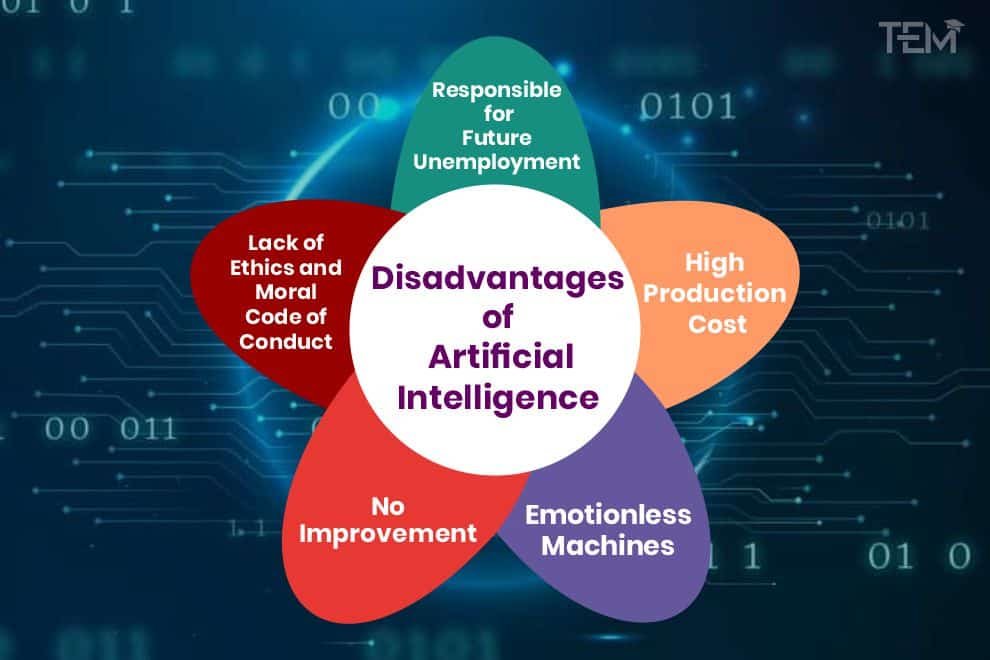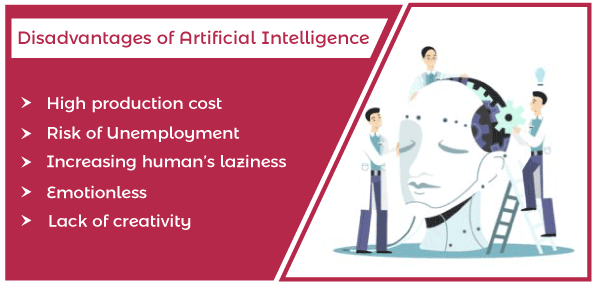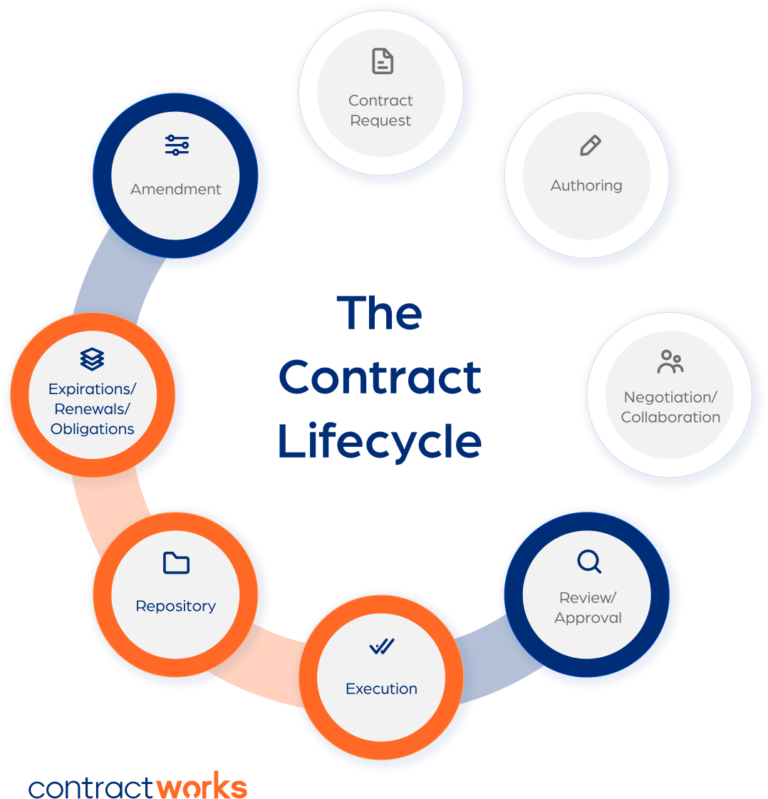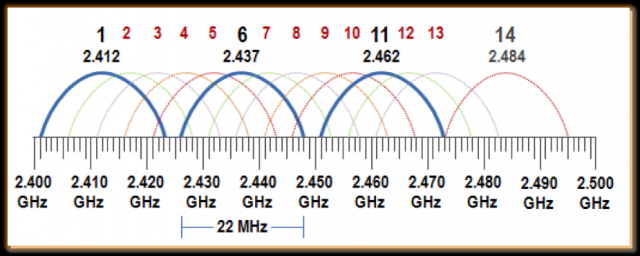What Is Disadvantage Of AI?
AI (Artificial Intelligence) is a rapidly growing technology that is being used in many areas such as healthcare, finance, manufacturing, and entertainment. AI can provide great benefits to businesses and individuals, but it also has some drawbacks that should be considered. One of the major disadvantages of AI is that it can be used maliciously to gain access to sensitive data, or to carry out malicious activities. Additionally, AI can lead to job losses as machines take over certain tasks that were previously done by humans. AI can also lead to ethical issues, such as the potential for bias in AI algorithms which can lead to discrimination. Finally, AI can be expensive to implement and maintain, as well as difficult to understand.
Definition of AI
Artificial Intelligence (AI) is a branch of computer science that focuses on creating machines and software capable of replicating human intelligence and behavior. AI is used to develop systems that can understand and interpret data, recognize patterns and objects, reason and plan, and make decisions. AI has been around for decades, but it has recently gained wider public attention with the emergence of autonomous vehicles, self-driving cars, personal assistants, and the growth of robotics.
However, there are some disadvantages to using AI. AI algorithms are often based on the human brain, so they can be limited in their ability to solve problems due to their limited understanding and experience. Additionally, AI systems can sometimes suffer from bias, as they are often trained on datasets that may be skewed or incomplete. Finally, AI systems are vulnerable to cyber attacks, meaning that they can be hacked and manipulated. As a result, AI systems must be monitored and protected to ensure their safety and accuracy.
Limitations of AI
AI is designed to provide solutions to complex problems, but it has limitations. These limitations stem from its reliance on existing data, algorithms, and hardware. AI solutions can’t provide answers outside the scope of their existing data, algorithms, or hardware. AI solutions also can’t go beyond what the programmer has programmed them to do. This means that AI solutions can’t think outside the box, or come up with creative solutions to complex problems. Furthermore, AI solutions are only as good as the data they are given. If the data is incomplete or inaccurate, the AI will likely produce inaccurate results. Additionally, AI solutions can be costly to maintain and can require significant energy to operate. Finally, AI systems can be vulnerable to hacking and malicious attacks, which can create serious security risks. Therefore, while AI can provide many benefits, it is important to be aware of its limitations before implementing it in any application.
Issues With AI
The possibilities of Artificial Intelligence (AI) are vast and have opened up a world of potential for various industries. However, there are a few drawbacks of AI that cannot be ignored. AI is increasingly becoming more integrated into everyday life, but it comes with its own set of issues that need to be addressed.
The first issue is the accuracy of AI. AI systems are only as accurate as the data they are trained on. If the data is incomplete or biased, the AI system will have difficulty making accurate predictions. This can lead to inaccurate results and can cause serious problems if the AI system is used in critical applications.
Another issue with AI is that it is expensive and difficult to maintain. AI systems require a lot of computing power and data storage, which can be costly. Additionally, AI systems must be regularly updated and maintained to ensure that they are working correctly.
The third issue is that AI systems can unintentionally lead to ethical or social issues. AI is often used to make decisions, but if those decisions are not ethical then the consequences can be serious. AI systems must be carefully monitored to ensure that they are making the right decisions.
Finally, AI systems can be vulnerable to cyber-attacks. Cyber criminals can exploit weaknesses in AI systems to gain access to sensitive data or manipulate the system. It is important to ensure that AI systems are secure and protected from malicious actors.
Overall, AI can offer many benefits, but there are also some drawbacks that need to be addressed. While AI systems can offer a lot of potential, they must be carefully monitored and maintained in order to ensure that the results are accurate and ethical.

Possible Solutions to AI Limitations
In the modern world, Artificial Intelligence (AI) has become a ubiquitous tool for businesses. From customer service to data analysis, AI is quickly becoming a go-to technology for companies to maximize efficiency. However, AI is not without its shortcomings.
The most common disadvantage of AI is its inability to think creatively. By its very nature, AI is programmed to perform a certain task in a particular way. As a result, the AI system does not possess the capacity to think outside of the parameters it has been given.
Another disadvantage is the potential for bias. If AI is not developed with impartial data, it can develop an inherent bias. This can lead to decisions that are unfair, unethical, or even illegal. It is important to ensure that the data used to develop AI systems is as unbiased as possible.
Finally, AI systems can also be expensive to maintain. AI requires constant maintenance and upgrading to remain effective. In addition, AI systems are often subject to cyber-attacks, which can be costly to defend against.
Fortunately, there are solutions available for each of these disadvantages. Companies can invest in better data to reduce bias, develop creative AI systems to improve innovation, and invest in robust IT security systems to protect against cyber-attacks. By addressing these weaknesses in AI, companies can ensure that their AI technology is efficient, effective, and secure.
The Impact of AI on Society
The emergence of Artificial Intelligence (AI) has been a major game-changer in our lives, however, its effects on society are not entirely positive. Despite its potential to revolutionize the way we live, AI can also bring about certain disadvantages. AI can have a significant impact on employment, privacy, and security.
One of the primary disadvantages of AI is that it could potentially replace jobs that were once done by humans. As AI technology continues to become more sophisticated, it can automate more and more tasks that were once performed by humans. This could lead to a reduction in job opportunities for humans, resulting in lower wages and unemployment.
Another disadvantage of AI is the potential for privacy and security issues. AI is capable of collecting vast amounts of data from users, which can be used to target them with ads and other marketing strategies. This can be seen as an invasion of privacy and could lead to misuse of personal data. Furthermore, AI can be used to create malicious programs such as viruses and malicious software that can be used to access confidential data.
Finally, AI can also lead to ethical issues. For example, AI-driven systems can make decisions without considering ethical and moral implications, which could lead to problematic outcomes.
Overall, although AI has the potential to revolutionize the way we live, it can also lead to a number of disadvantages, such as job losses, privacy and security concerns, and ethical dilemmas. It is important to consider the potential impacts of AI before implementing it in any system.
Future of AI
The future of AI is a hotly debated topic, as it is capable of revolutionizing the way we live and work. AI technology is advancing at an incredibly rapid pace, but with this progress comes uncertainty. AI can be incredibly powerful, but it can also be used for malicious intent. As AI technology becomes more widespread, it is important to consider the potential disadvantages of its implementation.
One of the main disadvantages of AI is that it can be used to automate processes that would otherwise require human input. This could lead to job losses, as AI can be used to do tasks more efficiently than humans can. Additionally, there is a fear that AI technology can be used to manipulate people, as it can be used to target people with specific messages or to influence their decisions.
Another disadvantage of AI is its potential for misuse. AI can be used to create powerful surveillance systems that can be used to monitor and control people. This could lead to a loss of privacy and a potential increase in authoritarianism. Additionally, AI can be used to create weapons and other dangerous tools, which could be used for malicious purposes.
Finally, AI can be used to create algorithmic bias, as algorithms can be designed to favor certain individuals or groups. This could lead to unfair outcomes based on race, gender, or other characteristics. Additionally, AI technology can be used to create false or misleading information, which can be used to manipulate people or to support certain agendas.
Overall, AI technology can be incredibly powerful, but it is important to consider the potential disadvantages it can bring. It is critical to ensure that AI is used responsibly and ethically, and that its potential for misuse is minimized.
FAQs About the What Is Disadvantage Of AI?
1. What are some of the potential risks associated with AI?
A: AI could potentially be used to exploit vulnerable populations, manipulate data, and create bias. Additionally, AI could be used to create automated weapons systems, which could lead to catastrophic consequences if misused.
2. Could AI eliminate jobs?
A: While AI could potentially replace certain jobs, it could also create new jobs. For example, AI could be used to automate low-level tasks, freeing up employees to focus on more complex tasks that require a human touch.
3. Could AI cause harm to humans or the environment?
A: If not properly regulated, AI could potentially be used to cause harm to humans or the environment. Additionally, AI-driven algorithms could be used to manipulate data and create bias, which could lead to discrimination and other negative outcomes.
Conclusion
In conclusion, while Artificial Intelligence has brought forth many advantages, there are also some potential downsides. These include the potential for abuse, the potential for job loss, and ethical issues such as privacy and data security. AI can also be expensive to implement and maintain, and its effectiveness can be limited by its lack of understanding of human behavior or cultural nuances. Ultimately, it is important to consider both the potential advantages and disadvantages of AI when deciding whether or not to invest in this technology.





